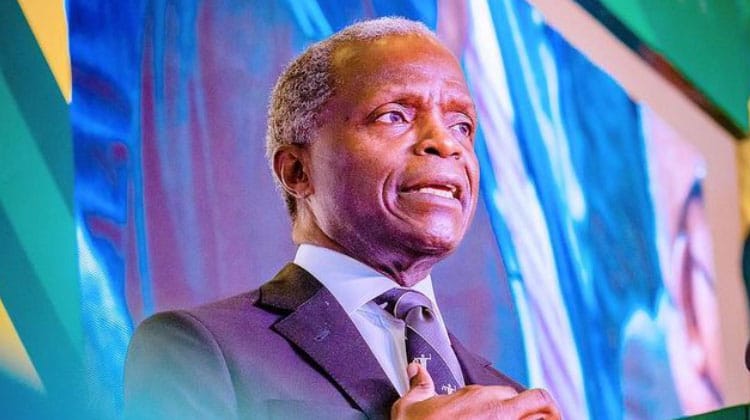Sir Alex Ferguson’s Manchester United were within touching distance of becoming the football champions of England for the nineteenth time when voters went to the polls 14 years ago in a general election that changed the course of British history. At the time, Bolton’s Peter Kay was in the middle of performing a world record-breaking 20 shows at what was known then as the M.E.N Arena. And Warehouse Project founder Sacha Lord was preparing to host the first ever Parklife music festival at Platt Fields Park. But, by the time the final whistle was blown on the last day of the Premier League season, it was not just Fergie’s dreams of four consecutive title wins that were dashed. His beloved Labour Party had lost too, ending 13 years of dominance in Westminster. HAVE YOUR SAY: The Greater Manchester General Election 2024 Survey
On May 12, 2010, David Cameron and Nick Clegg stepped out into the Downing Street rose garden to give their first joint press conference. The previous day, the Conservatives and Lib Dems agreed a deal to form the first coalition government since 1945. The Tories have now come first place four times in a row – as have Man City. But it’s not just the Blues’ fortunes that have changed. Greater Manchester has changed in so many ways since 2010. The city’s skyline, for one thing, has been totally transformed. In recent years, the city-region’s economy has grown faster than the rest of the UK’s as our population approaches 3m. And, in many ways, the city has grown in confidence too, with one neighborhood named among the ‘coolest’ in the world and its global reputation for arts and culture built on with Factory International’s Aviva Studios and the Co-op Live arena both opening in the last year alone. Last year also saw luxury fashion brand Chanel host its exclusive Métiers d’Art catwalk in the city that made its name in the global textiles trade.
But, as celebrities strutted through the Northern Quarter that night, many Mancunians had other things on their mind. A few weeks before the high-end fashion show was held, a shocking report painted a bleak picture of the reality now faced by around 3.8m people across the country – 1m of them children. It found that Manchester had the second-highest level of destitution in the UK, with nearly 2 per cent of households in the city struggling to afford their most basic physical needs to stay warm, dry, clean, and fed. Huge inequalities prevail within our city-region. A man born in Oldham can expect to live in good health for 10 years less than one born in Trafford, while in Salford, women in the most deprived neighborhoods can expect to live 11 years less than in wealthier parts.
In the last general election, the then-Prime Minister Boris Johnson promised to ‘level up’ the country. It followed promises previously made by his party of a ‘Northern Powerhouse’ that would bring billions of pounds of investment, jobs, and opportunities to the region. Greater Manchester has undoubtedly benefited from government support for certain schemes such as the expansion of the Metrolink. But with many promises broken – particularly on big rail projects like HS2 – local leaders say the reality has not matched the rhetoric. At the same time, while the North has been given a louder voice through new regional mayors, successive governments have overseen enormous cuts to public services. Local councils have been hit especially hard with real-terms funding slashed in half. Since 2010, Manchester council’s core spending power has been cut by 34 per cent when adjusted for inflation. That is a loss of £312.5m a year – nearly £761 per person, which is actually a cut of 42 per cent when you account for the city’s growing population. Meanwhile, demand for services has increased with a huge rise in homelessness which has gone up by 49 per cent in the last four years alone in Manchester. NHS funding has also not kept up with demand and Greater Manchester now faces a £180m deficit. And, while the crime rate has risen by nearly 50 per cent since 2015, the number of officers at Greater Manchester Police dropped dramatically, contributing to the crisis that unfolded in the force. Officer numbers have only just returned to 2010 levels this year.
Ahead of the general election on July 4, the Manchester Evening News looks back at the big moments in Greater Manchester over the last 14 years and how the lives of people here – and the city-region itself – have changed since the Conservatives first came to power.
Poverty Choices between heating and eating have become more common across the country, with record numbers of people now relying on emergency food parcels. The number of children living in relative poverty – nearly four in 10 in Manchester – is also at a record

